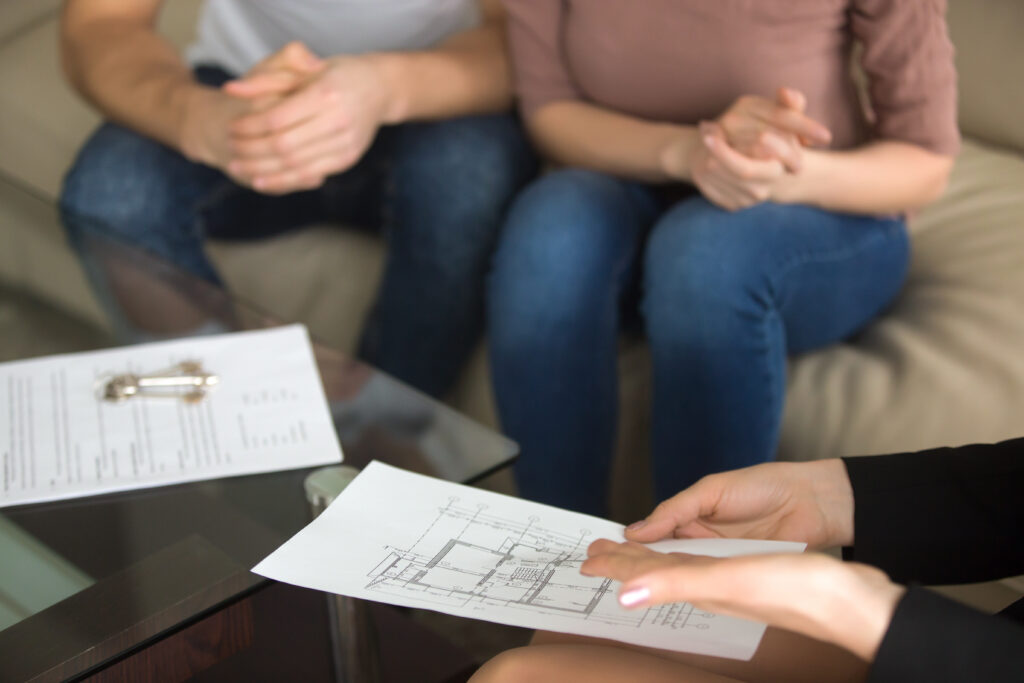**Title: Essential Costs First-Time Home Buyers Should Prepare For**
**Introduction**
Buying your first home is an exciting milestone, but it’s important to be aware of the various costs involved. Many first-time home buyers focus solely on the listed sales price, overlooking other significant fees and expenses. This guide will help you understand both the upfront and long-term costs associated with purchasing and owning your first home.
**Upfront Costs to Buy a House**
The initial costs of buying a house can be substantial. Typically, home buyers can expect to spend 2% 6% of the home purchase price on closing costs, which include inspections, appraisals, and earnest money. Here are the key upfront expenses you should prepare for:
**Down Payment**
Your down payment is likely to be your largest initial expense. This is a percentage of your home’s purchase price that you pay upfront. For example, if you buy a $200,000 home and put 10% down, you’ll need $20,000 at closing.
Contrary to popular belief, a 20% down payment is not mandatory. You can buy a home with as little as 3% down on a conventional loan, and some government-backed mortgages even offer 0% down payment options. However, a larger down payment has its benefits:
– **Avoid PMI**: With a 20% down payment, you can avoid private mortgage insurance (PMI), which is added to your monthly payment if you put down less.
– **Lower Interest Rate**: A larger down payment makes your loan more attractive to lenders, potentially securing a lower interest rate.
– **Lower Credit Score Requirement**: You may qualify for a mortgage with a lower credit score. For instance, with O1ne Mortgage, you can get an FHA loan with a 580 credit score if you put down at least 3.5%.
– **Reduced Monthly Payments**: A larger down payment reduces your monthly mortgage payments, making long-term financial management easier.
If you’re concerned about your down payment, explore down payment assistance programs. Many first-time home buyers can find assistance options tailored to their needs. However, not all lenders accept all programs, so check with O1ne Mortgage to confirm compatibility.
**Earnest Money**
Earnest money is a deposit that shows the seller you’re serious about buying their home. This amount is applied to your down payment or closing costs once the deal is finalized. Protect your earnest money with a contingency in your purchase agreement to avoid losing it if the deal falls through.
**Closing Costs**
Closing costs cover fees, taxes, and administrative expenses associated with buying a home. These costs can range from 2% 6% of your total loan amount. For a $200,000 mortgage, expect to pay between $4,000 and $12,000 in closing costs. These are due when you close on the loan and take legal ownership of the property.
**Moving Costs**
Don’t forget the cost of moving to your new home. Local moves average around $1,700, while long-distance moves (over 100 miles) can range from $2,700 to $10,000.
**Ongoing Expenses When Buying Your First House**
Homeownership comes with several ongoing expenses that you’ll need to budget for:
**Property Taxes**
Property taxes are paid to your local government for community services like public schools and roads. These taxes are based on a percentage of your home’s assessed value. Your mortgage company may include property taxes in your monthly payment, holding the funds in an escrow account until they are due.
**Insurance and HOA Fees**
Homeowners insurance protects against covered losses and damage to your home. Additionally, if you live in a community with a homeowners association (HOA), you’ll need to budget for HOA fees, which cover the cost of maintaining shared areas. These fees can range from a few hundred dollars a year to thousands of dollars a month.
**Utilities, Maintenance, and Repair Costs**
As a homeowner, you’ll be responsible for all utility bills and maintenance costs. The average American homeowner spends about $270 a month on utilities. Additionally, you should budget 1% 3% of your home’s value annually for maintenance and repairs. For a $200,000 home, this could be $2,000 $6,000 a year.
Starting an emergency fund before buying a home is a smart move. This fund can cover unexpected repairs, helping you avoid long-term property damage.
**Decorating Costs to Make Your House a Home**
Personalizing your new home can be an expensive project, especially if you need to buy new appliances. When negotiating with the seller, ask which appliances come with the house and consider offering to buy any additional ones from them.
**Conclusion**
The costs of buying a house can add up quickly, but with careful planning and sufficient savings, you’ll be prepared for both the upfront and ongoing expenses. Consider a less expensive home if necessary to ensure your new abode doesn’t strain your budget.
Ready to buy your first home? Start your application today with O1ne Mortgage. Visit [O1ne Mortgage](https://o1nemortgage.com) or call us at 888-372-8820 to speak with a Home Loan Expert.
**SEO Keywords**: first-time home buyers, cost of buying a house, down payment, closing costs, property taxes, homeowners insurance, HOA fees, moving costs, mortgage options, O1ne Mortgage Inc.
Foreclosure
1. Mortgage Delinquency 2. Home Loan Impact 3. Credit Score Damage 4. Mortgage Relief Options 5. Avoid Foreclosure







